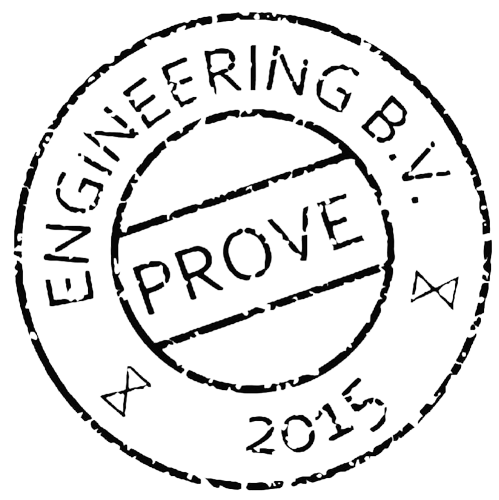Hygienic engineering delves into the intricate details of designing and maintaining systems to uphold sanitary standards in various industrial processes. It blends engineering prowess with meticulous hygiene protocols to ensure the integrity and safety of products.
Core Principles:
At its core, hygienic engineering revolves around designing equipment and processes with features that facilitate thorough cleaning and minimize the risk of contamination. This includes factors like surface finish, material selection, and the elimination of potential harborage points for microbes.
Applications and Industries:
Our engineers specialize in hygienic engineering and often find themselves in a multitude of sectors, including food and beverage, pharmaceuticals, biotechnology, and healthcare. They’re responsible for designing equipment and processes that meet stringent regulatory requirements while delivering optimal performance.
Compliance and Standards:
We are aware that we must stay abreast of evolving regulations and industry standards, such as those outlined by organizations like the Food and Drug Administration (FDA), European Hygienic Engineering & Design Group (EHEDG), and International Organization for Standardization (ISO).
Continuous Improvement:
Hygienic engineering is not a static field; it’s continuously evolving. We engage in ongoing research and development to enhance sanitation protocols, improve equipment designs, and streamline processes for maximum efficacy and safety.
In essence, hygienic engineering is the backbone of industries where product purity and consumer safety are paramount. It requires a blend of technical expertise, regulatory knowledge, and a commitment to innovation to ensure that the products we rely on daily meet the highest standards of cleanliness and quality.

